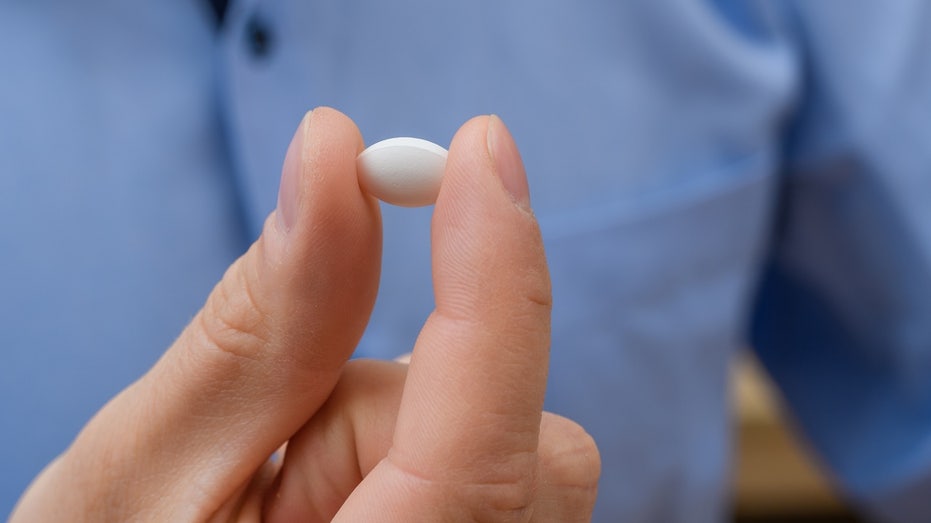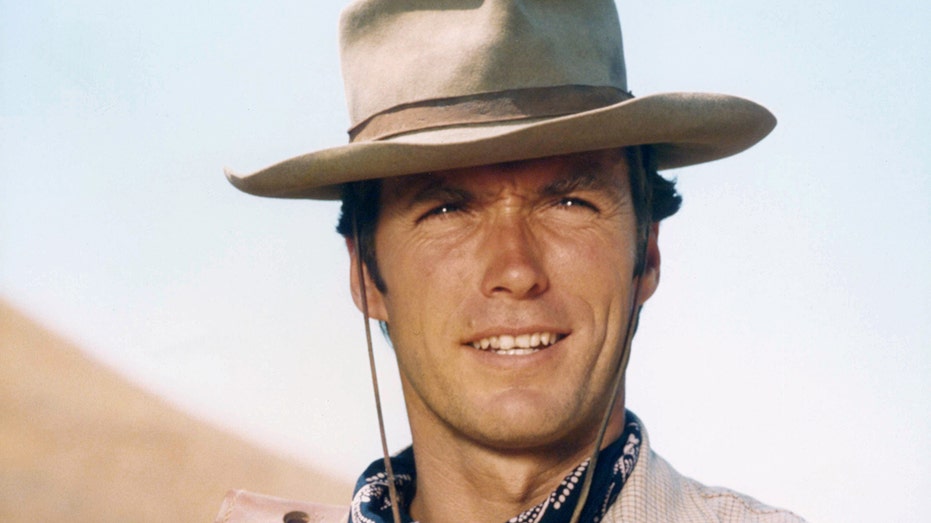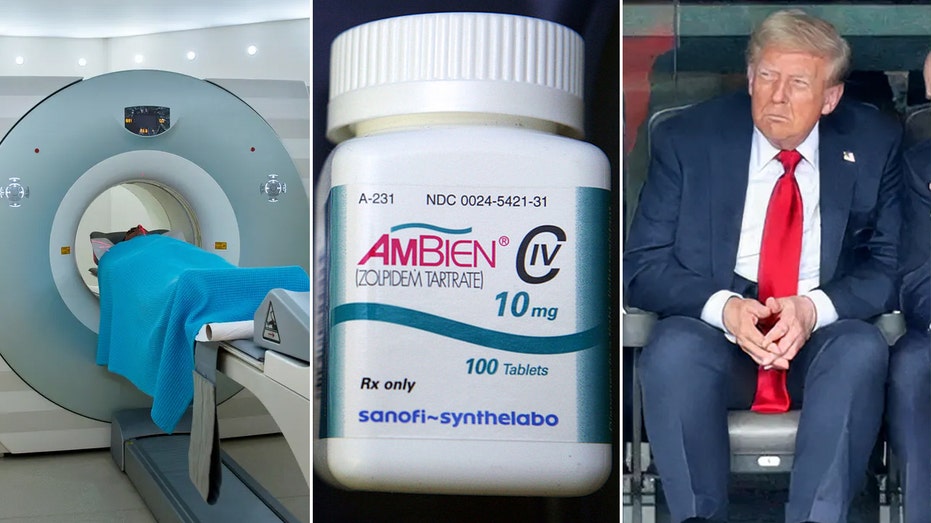Trump Administration Explores Psychedelics for Mental Health and PTSD Treatment

Sarah Johnson
June 7, 2025
Brief
Trump administration explores psychedelics like MDMA and psilocybin as potential treatments for PTSD and mental health issues, focusing on veterans' care.
The Trump administration is diving into uncharted waters with a bold exploration of psychedelics as a potential lifeline for mental health challenges, particularly for PTSD, depression, and addiction. This initiative, backed by key figures like Health and Human Services Secretary Robert J. Kennedy Jr., signals a willingness to rethink traditional approaches to some of society’s most stubborn health crises.
A New Frontier for Veterans and Beyond
At the heart of this push is a deep concern for veterans, who often bear the invisible scars of service. The Department of Veterans Affairs, under Secretary Doug Collins, is opening doors to psychedelic treatments, with 11 clinical trials already underway involving around 800 veterans. These studies are probing whether substances like MDMA and psilocybin—yes, the infamous 'magic mushrooms'—can offer relief where conventional therapies have failed. Early results are promising, with some veterans, like retired Army Sergeant Jonathan Lubecki, reporting life-changing outcomes after just a few doses of MDMA in a trial. Imagine shedding years of trauma in mere sessions; it’s a glimmer of hope worth chasing.
Science Meets Stigma
Let’s not sugarcoat it—these substances aren’t your average pharmacy fare. Psilocybin remains a Schedule I drug, branded as high-risk with no accepted medical use under federal law, though states like Oregon and Colorado have legalized its therapeutic application. MDMA, while not approved for clinical use, is showing jaw-dropping potential in trials for PTSD, fostering trust and emotional breakthroughs that traditional therapy often can’t touch. Experts like Dr. Luke Twelves from London’s Lindus Health are vocal about the 'remarkable results' for severe depression and PTSD, but they’re equally clear on the hurdles: regulatory red tape and the challenge of designing proper placebo controls. It’s a tightrope walk between innovation and caution.
Voices of Caution and Optimism
The conversation isn’t all rosy. Industry leaders and researchers, including Ryan Moss from Filament Health, warn of risks like anxiety or hallucinations during psychedelic sessions, emphasizing the need for strict medical oversight. Meanwhile, companies like Cybin are pushing the envelope with Phase 3 trials of their psilocybin variant, CYB003, showing staggering remission rates for major depressive disorder. On the flip side, medical professionals stress the dangers of unregulated use—a reminder that this isn’t a free-for-all experiment but a carefully guided journey.
A Cultural Shift?
What’s unfolding here is more than a policy tweak; it’s a potential cultural pivot. If psychedelics prove safe and effective under rigorous scrutiny, they could redefine how we tackle mental health—not just for veterans, but for anyone grappling with conditions like chronic pain or end-of-life anxiety. The administration’s willingness to explore this path, as voiced during President Trump’s recent cabinet meeting, suggests a rare openness to alternative solutions in a field often mired in convention. But will science outpace stigma? That’s the million-dollar question.
Topics
Editor's Comments
Well, folks, the Trump administration is tripping into new territory with psychedelics for mental health. If MDMA can mend a veteran’s mind in three doses, what’s next—magic mushrooms at the VA cafeteria? Let’s just hope the red tape doesn’t turn this bold idea into a bad trip!
Like this article? Share it with your friends!
If you find this article interesting, feel free to share it with your friends!
Thank you for your support! Sharing is the greatest encouragement for us.



